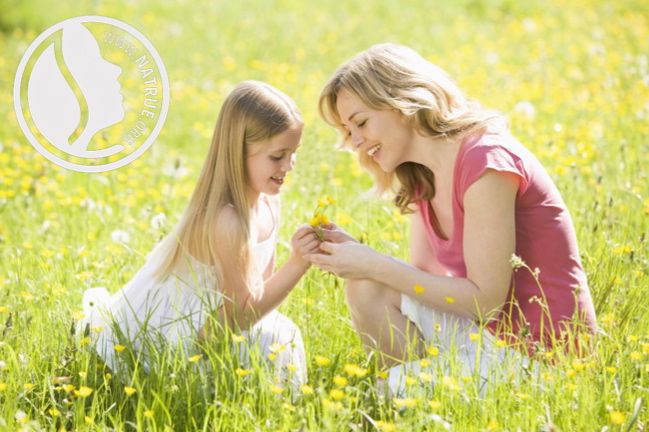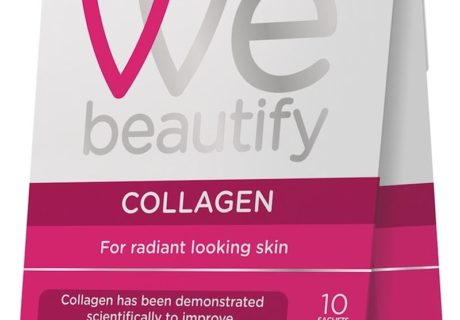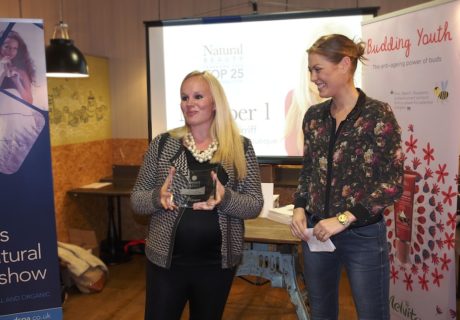The results of research commissioned by NATRUE and carried out by the GfK Group were revealed earlier this month at a conference at the European Parliament in Brussels.
“As the terms ‘natural’ and ‘organic’ for cosmetics remain without a regulatory definition to date, private standards exist,” explains Julie Tyrrell, director at NATRUE, so the Exploring the Territory of Natural & Organic Cosmetics study was carried out in order to find out more about consumer expectations and understanding around these products.
The research, which consisted of two small focus groups and a study of over 900 women surveyed online, identified three different types of natural and organic cosmetic consumers: those who choose the products for ‘risk avoidance’ ie to avoid allergies, chemical ingredients (26% in the UK); those who buy them for more altruistic reasons, ie to protect the environment, animals and mankind (50%); and those who choose them as part of a health and natural lifestyle choice (24%).
89% of the respondents said that the potential harmfulness of ingredients is an important factor behind their purchasing decision, with allergies (87%) and recycling packaging (51%) also rating highly. In addition, 80% of buyers said they were driven to buy natural and organic products by the expectation that they contain uniquely natural ingredients and 64% expected them to contain only organic ingredients, with the need for ‘only organic’ being seen as slightly less important than ‘only natural’.
Although 75% of the women surveyed said they know there is a difference between natural and organic ingredients, just under a third (29%) feel they really understand what that difference is.
The research also found that 90% of women believed natural and organic cosmetics should not contain GMOs and 94% said they should not contain artificial or chemical ingredients. Natural credentials were considered especially important for leave-on bodycare and babycare products.





